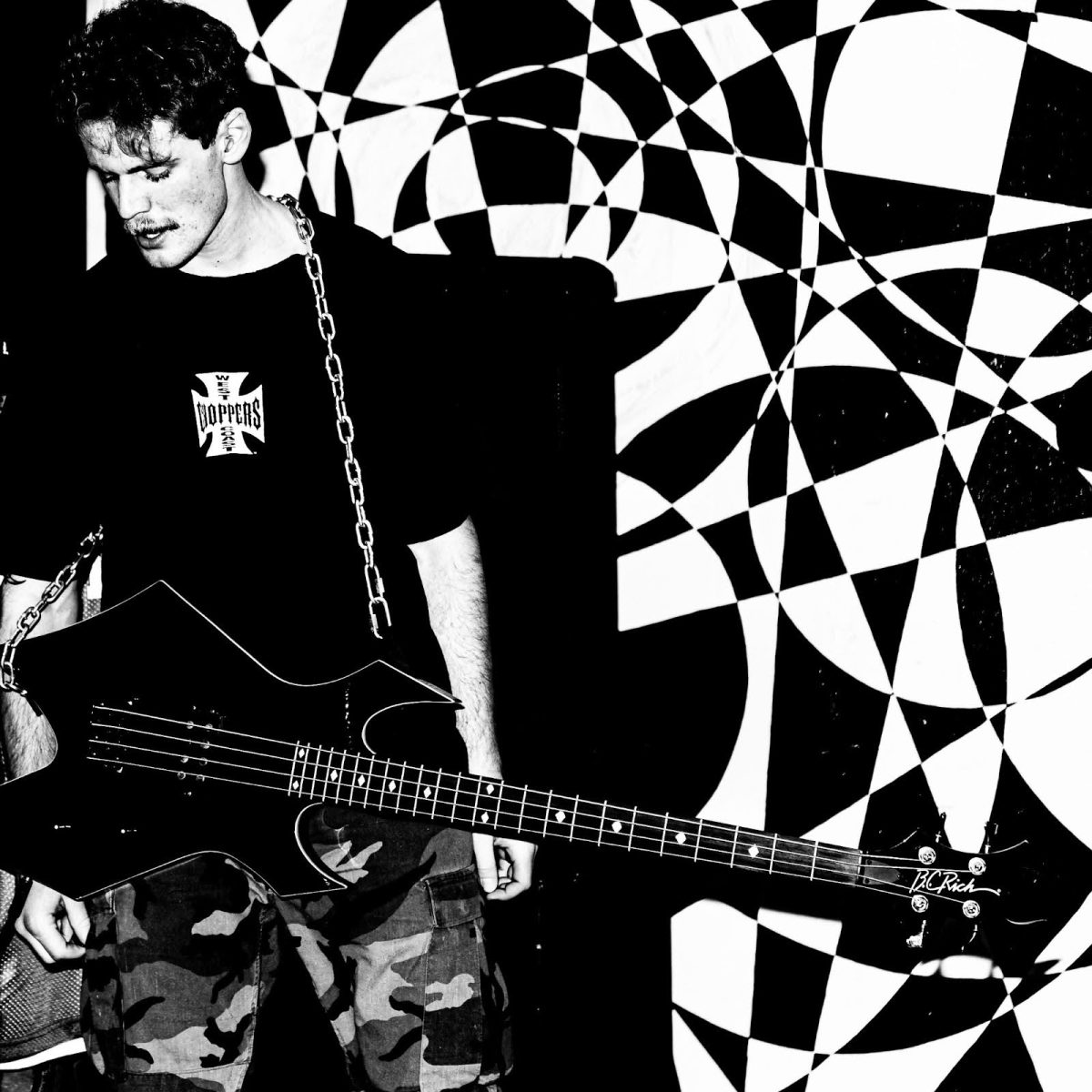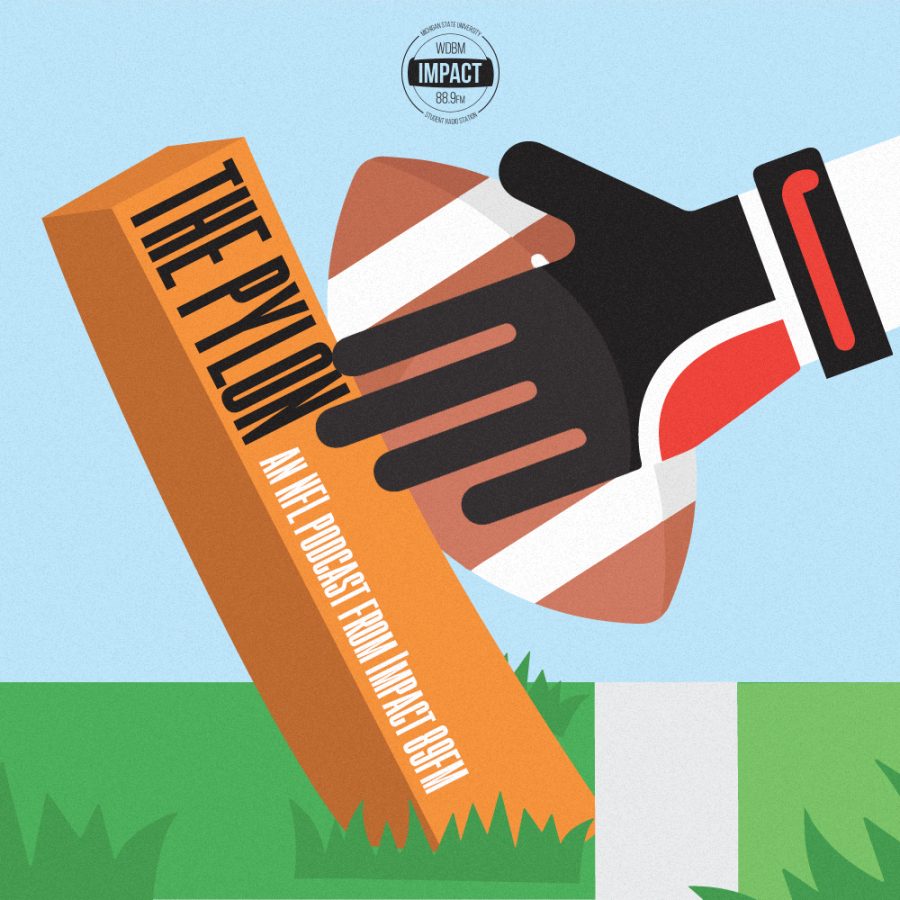Beats Without Borders | CHAI
October 30, 2019
“Beats Without Borders” is an exclusive Impact 89FM series that serves to spotlight music from all around the world. Whether it comes from a different country or is spoken in a different language, music is a universal truth that ought to be explored.
If the idea of being punk rock and cute sounds ridiculous to you, then I hope this article changes your mind. Allow me to introduce you to CHAI.
CHAI is an energetic and exciting punk rock group from Nagoya, Japan, consisting of members Mana, Kana, Yuna and Yuuki. As a self-described “new exciting onna-band” (“new exciting woman band”) – abbreviated as “N.E.O.” – they have used their platform to challenge the often misguided perceptions of female musicians and performers. With elements of punk, alt-rock, pop and dance music all mixed together, CHAI isn’t just appealing to femme bands, but to all bands across the world.
Despite their music sitting pretty firmly in the J-pop and Japanese rock subgenres, CHAI’s appeal spreads far beyond Japan. In the past two years alone, they’ve released records through California-based Burger Records, signed with England-based Heavenly Recordings, collaborated with English indie pop band Superorganism and toured internationally. While they do have ‘roots’ in Japan, they have ‘routes’ going in all directions; they make this known constantly with every new song and every new performance.
“Japan alone is narrow,” Yuuki told Natalie, a Japanese entertainment news site. “A Japanese band copies other Japanese bands… It feels like it’s going around the same place. I think it’s narrow. It’s a waste since we’re on the earth.”
The group began to take shape when Mana, Kana and Yuna went to high school together and took part in their light music club. It wasn’t until they met Yuuki at college in 2012, though, that they decided to formally start a band. Yuuki put the other members onto more unfamiliar, non-J-pop music, such as cero and Kimyō Reitaro. They also cite Basement Jaxx, DEVO, Jamiroquai, CSS and Gorillaz as other influences.
They began to play shows around the Tokyo-Nagoya area and built a semi-local following, even at one point becoming finalists in a college band competition. Their big break came in August of 2015 when they released their debut project, Hottaraka Series, in the form of an extended play. The EP version was released on streaming services the following year, and one of its songs, “Gyaranboo” (a song about being hairy), unexpectedly topped charts in the U.K. Later that year, CHAI signed with Sony Music Japan and their fame became international. There was no looking back.
Since then, they’ve released two studio albums. Their first one, Pink, was released on Oct. 25, 2017. The second, PUNK, was released on Feb. 23 of this year. After seeing the “Boyz Seco Men” music video, Burger Records signed the band and gave Pink an international release. While Burger Records handles distribution in the U.S., they signed to Heavenly Recordings in the U.K., as well.
Arguably one of the most important elements of CHAI’s music thus far has been their attempt to reconceptualize “kawaii.” Kawaii, the Japanese term for ‘cute,’ became a popular concept in late-20th century Japan as a way for young women to express their beauty and youthfulness. It’s depicted in handwriting and manga, visualized by artists like Takashi Murakami and embodied by famous cartoon characters like Pikachu and Hello Kitty. These representations can be fun and exciting, but all too often they set unrealistic standards for physical perfection, marginalizing many young women (and even some young men) in the process. As explained by Yuuki in the aforementioned interview, there are often expectations for women to have a small waist, fair skin, large eyes and a pointy nose.
“As a female, I’ve always felt uncomfortable and out of place with these ideals,” Yuuki told the music magazine Dork. “I feel like everyone and anyone is beautiful and cute from birth. This is what we call ‘neo kawaii.’ We use this word to spread the message that everyone is cute and ‘kawaii’ has no definition. You are perfect the way and the way you want to be; everyone is ‘neo kawaii!’”
This feeling of ‘neo-kawaii’ is infectious. Even listening to “N.E.O.” just once will have the mantra “You are so cute, nice face, [come on], yeah!” stuck in your head for days. This unflinching positivity is found all throughout their music, such as in the song “I’m Me”: “What a cute girl I am! / What a cute girl you are! / Everybody’s wonderful / All right!” But it’s not just the music itself. Their videos, their aesthetic and their live performances are all spilling with this wholesome energy.
In essence, CHAI represents rebellion; they are a cathartic release from sociocultural oppression, a firm rejection of unrealistic expectations. They don’t just say that liberation is possible, they show us – vividly and gleefully. And what better way to express your creativity and individualism than through art?
CHAI has certainly come a long way, but they’re by no means done. In July, CHAI performed at Chicago’s Pitchfork Music Festival, bringing their sound and spirit directly to the heart of America. Earlier this year, they were interviewed by music legend Nardwuar at South by Southwest, making for one of the wackiest interactions of all time. And, conveniently enough, they visited the Tiny Desk just recently, which was posted on the NPR site a few days ago. They’re very busy.
Speaking on their performance at Pitchfork, Gregory McClure, Impact’s music director, said, “CHAI brought a genuine excitement to the stage that shone through in their performance. It was one of the most participatory festival sets I’ve experienced. They looked like they were having fun.”
Music is a powerful force; it can break down barriers and bring people together. Never is this more obvious than when an artist transcends boundaries, particularly national ones, uniting the world around common feelings and experiences – even if we don’t speak the same language. This is the mission of CHAI, and we ought to support them all the way.









































